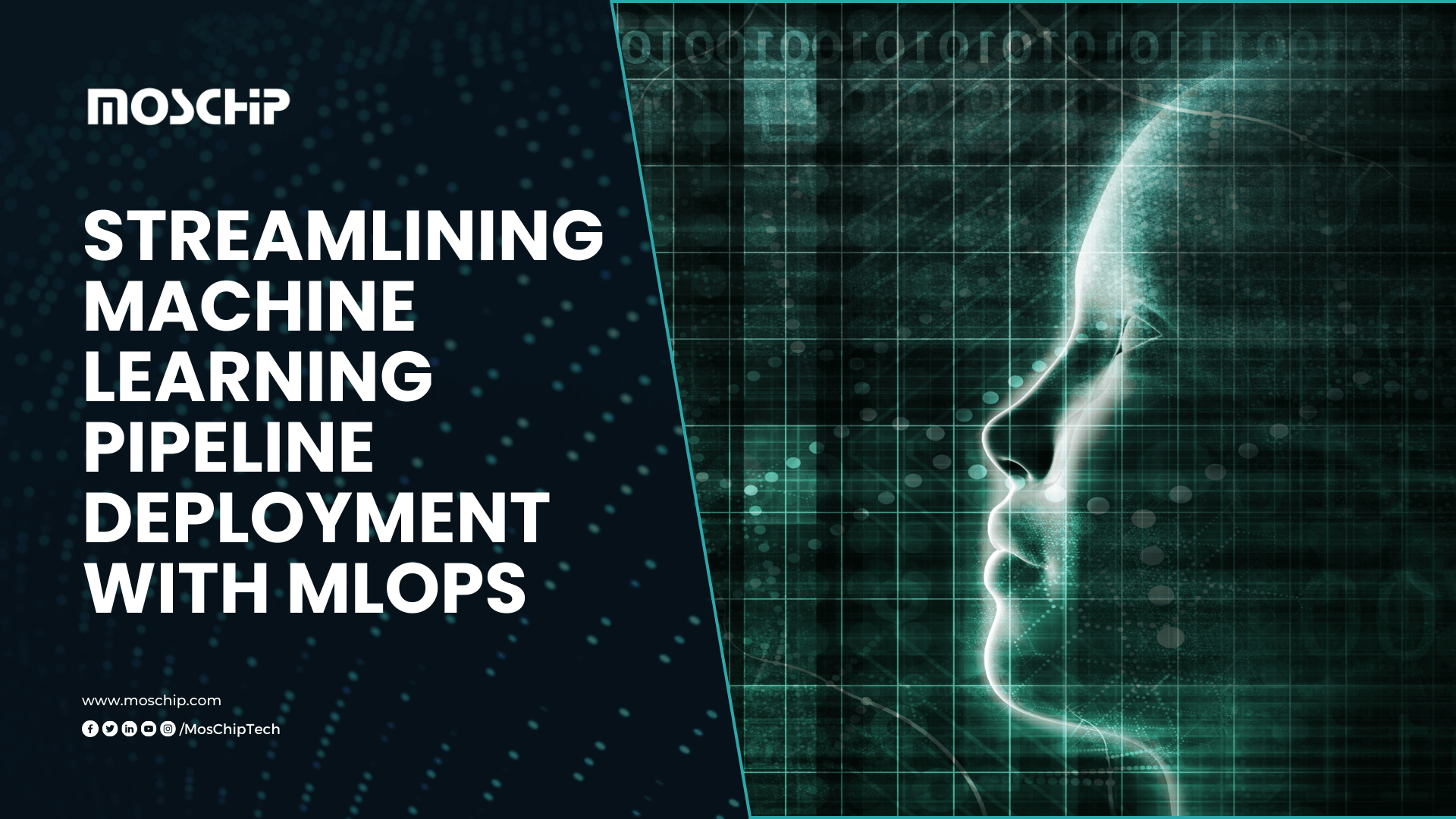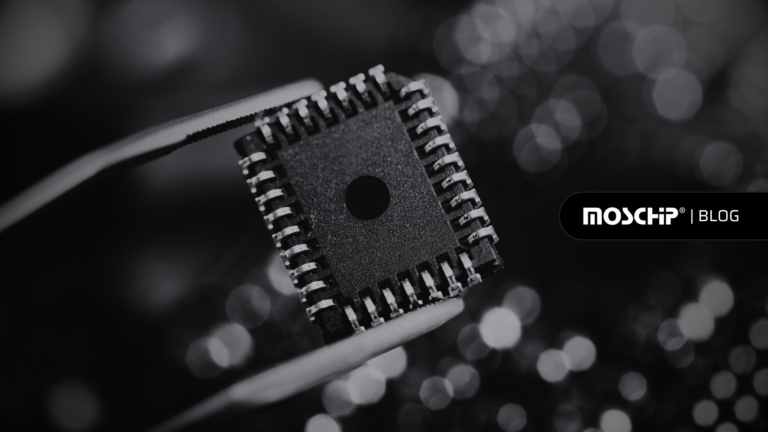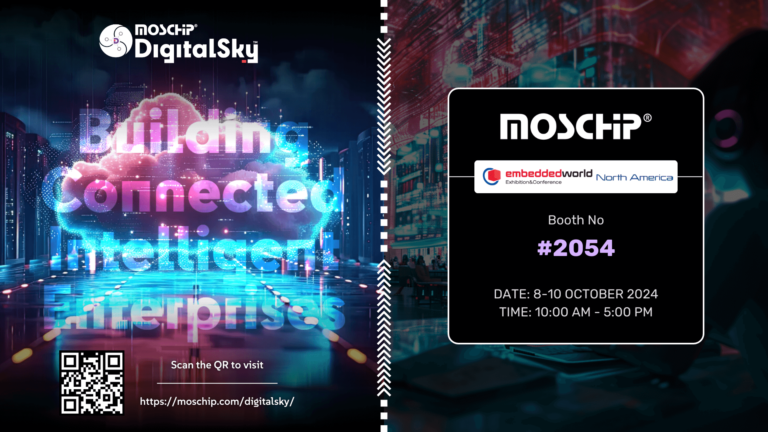Streamlining Machine Learning pipeline Deployment with MLOps
Companies are continuously adopting Artificial Intelligence and Machine Learning and actively seeking ways to efficiently deploy and manage their ML models in production environments. This rapid change has given rise to the field of MLOps, which aims to streamline the deployment and operations of ML systems. MLOps also can learn and improve the data automatically. However continually developing, deploying, and managing the ML data in production can be challenging. Therefore, it is crucial to integrate MLOps into the workflow to ensure streamlined deployment.
As the adoption of MLOps is increasing the market size of MLOps has also grown in recent years. The Research and Markets stated that, in 2023, the MLOps market was held at USD 1.31 billion, and it will grow further by USD 1.92 billion in 2024 with a Compound Annual Growth Rate (CAGR) of 46.7%. The Research and Markets also predicted that the market of MLOps grow to USD 7.85 billion in 2028 with a Compound Annual Growth Rate (CAGR) of 42.1%.
Brief overview of MLOps
MLOps is a combination of “machine learning” and operations” and is a set of practices and principles aimed at managing and automating the lifecycle of ML systems. MLOps covers the end-to-end process of developing, deploying, monitoring, and maintaining ML models across production. By utilizing DevOps practices in machine learning, DevOps helps in streamlined collaboration across development, engineering, and operational functions, resulting in quicker delivery of applications or devices with guaranteed reliability and scalability.
Understanding MLOps for a streamlined deployment
MLOps is an essential set of practices and tools that aid in the efficient and effective transition of ML models from development to deployment. It involves several crucial elements that work together to ensure a seamless process.
- Continuous Integration (CI): Continuous Integration (CI) automates the testing of ML code and pipelines, like its role in traditional software development. This ensures that all changes made to the codebase undergo comprehensive testing and eliminates potential issues from reaching the production stage.
- Continuous Delivery (CD): Continuous Delivery (CD) automates the deployment process of ML models into production environments. This means that once a model passes the CI tests, it can be deployed without any issues, and can handle real-world data without any hindrance.
- Model versioning: It is vital for managing different versions of models and data in an organized ML workflow. With MLOps, version-controlling models become easy, ensuring seamless access and deployment of the appropriate version.
- Model monitoring: It is crucial in MLOps, as it helps in monitoring the performance and health of deployed models in real-time. This enables early detection of anomalies or issues during the model’s operational phase.
- Model retraining: Model retraining with new data is necessary to keep models updated and accurate. MLOps automates this process, ensuring that models are always relevant and accurate.
- Scalability: Solutions offered by MLOps ensure consistent performance by handling varying levels of real-world traffic efficiently.
- Collaboration: Collaboration tools within the MLOps framework facilitate teamwork and knowledge sharing, enhancing reproducibility and consistency in ML workflows.

Overview of MLOps workflow
Challenges in ML deployment
- Infrastructure complexity: ML deployment often requires complex infrastructure configurations, including GPU clusters, distributed storage, and container orchestration platforms, which can be difficult to manage and scale.
- Data drift and model decay: ML models are susceptible to data drift and concept drift over time, necessitating ongoing monitoring and retraining to maintain their performance.
- Regulatory compliance: Compliance requirements such as GDPR and HIPAA impose constraints on how ML models handle sensitive data, adding complexity to deployment pipelines.
Future of MLOps
The future of machine learning on edge devices (MLOps) is characterized by several trends. One of the major trends is edge computing, which will force MLOps to adapt to the challenges of deploying ML models on edge devices with limited resources and connectivity. The other one is automation and orchestration, where MLOps platforms will continue evolving with advanced capabilities for automating ML workflows from data ingestion to model deployment, and lastly, explainable AI, where MLOps tools will integrate features for explaining and interpreting model predictions, enhancing trust and compliance.
In conclusion, MLOps plays a pivotal role in streamlining the deployment and operations of ML systems, enabling organizations to leverage the full potential of AI while mitigating risks and ensuring reliability. By embracing MLOps practices and leveraging the right tools and technologies, organizations can accelerate their journey toward AI-driven innovation and competitive differentiation in today’s data-driven world.
MosChip enables MLOps and Machine learning pipeline deployment very effectively. In a landscape where precision and efficiency are paramount, MosChip’s commitment to excellence is the compass guiding the digital transformation in every industry.
About MosChip:
MosChip has 20+ years of experience in Semiconductor, Product Engineering services & Software, security with the strength of 1300+ engineers.
Established in 1999, MosChip has development centers in Hyderabad, Bangalore, Pune, and Ahmedabad (India) and a branch office in Santa Clara, USA. Our software expertise involves platform enablement (FPGA/ ASIC/ SoC/ processors), firmware and driver development, systems security, BSP and board bring-up, OS porting, middleware integration, product re-engineering and sustenance, device and embedded testing, test automation, IoT, AIML solution design and more. Our semiconductor offerings involve silicon design, verification, validation, and turnkey ASIC services. We are also a TSMC DCA (Design Center Alliance) Partner.
Author
-
Ambuj is a Marketing professional at MosChip creating impactful techno-commercial writeups and conducting extensive market research to promote businesses on various platforms. He has been a passionate marketer for more than three years and is constantly looking for new endeavours to take on. When He’s not working, Ambuj can be found riding his bike or exploring new destinations.







